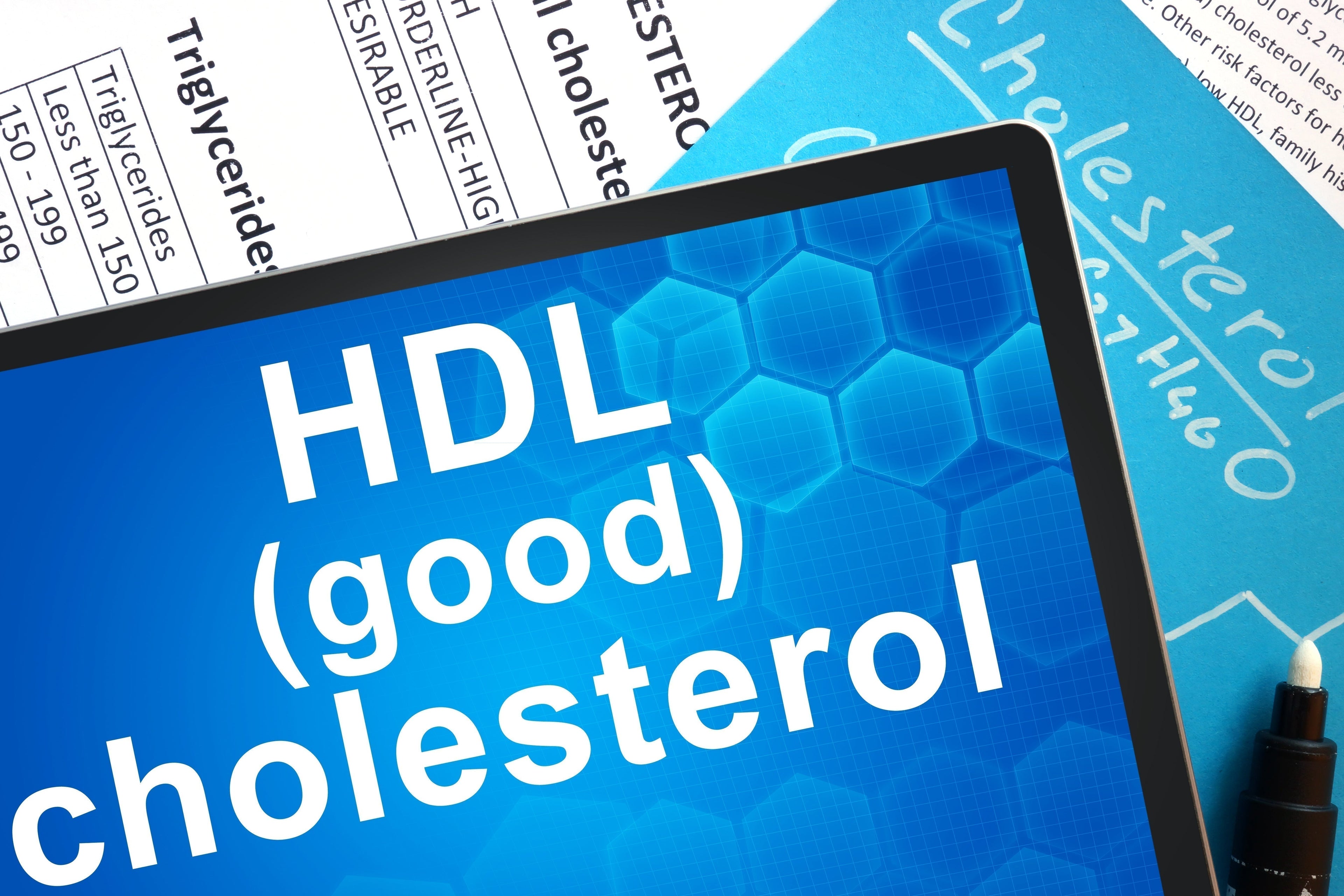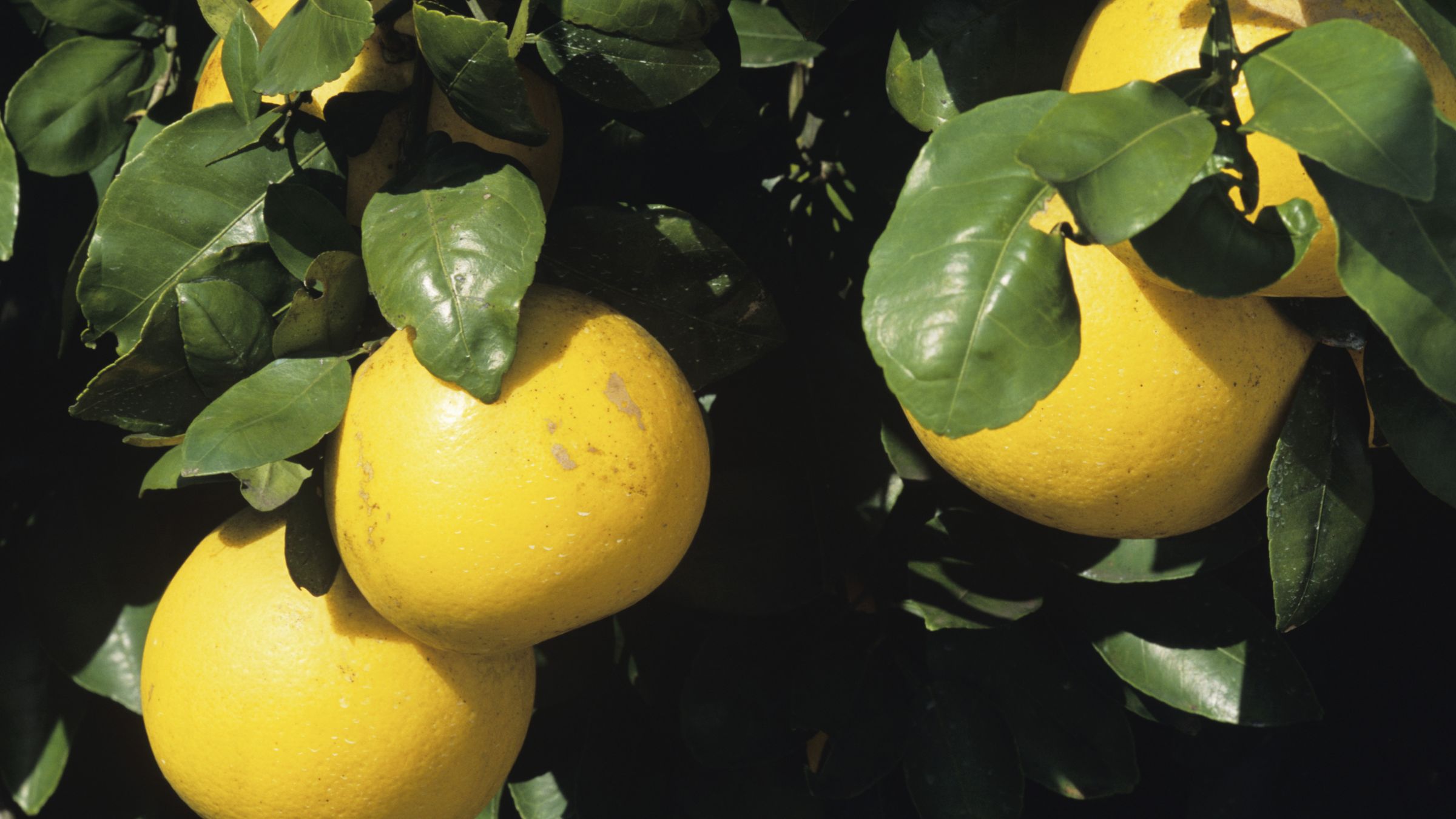When it comes to cholesterol, not all types are created equal. While LDL (low-density lipoprotein) is often called the "bad" cholesterol due to its role in contributing to artery-clogging plaque, HDL (high-density lipoprotein) plays a much more protective role — and deserves the spotlight in any conversation about heart health.
What Is HDL and Why Is It Important?
HDL stands for high-density lipoprotein, and it acts as the body’s natural cardiovascular cleanser. While LDL delivers cholesterol to tissues — including the arteries — HDL does the opposite. It removes excess cholesterol from the bloodstream and artery walls and transports it back to the liver for breakdown and elimination.
This process, called reverse cholesterol transport, is essential for maintaining clean, flexible blood vessels and preventing the buildup of fatty deposits (atherosclerosis) that can lead to heart attacks or strokes.
But HDL does more than just clean up cholesterol.
Key Functions of HDL:
-
Anti-inflammatory properties: HDL helps reduce inflammation in the arteries, which is a major contributor to cardiovascular disease.
-
Antioxidant activity: HDL prevents the oxidation of LDL particles — a critical step in the development of plaque.
-
Endothelial protection: HDL supports the health of the inner lining of blood vessels, improving vascular function and circulation.
-
Immune modulation: It can help modulate immune responses that contribute to chronic inflammation and plaque buildup.
In short, HDL is a multitasking powerhouse that plays a protective role in your cardiovascular system.
What Are Healthy HDL Levels?
According to the American Heart Association:
-
60 mg/dL or higher: Considered protective against heart disease.
-
40–59 mg/dL: Acceptable, but higher is generally better.
-
Below 40 mg/dL (men) / 50 mg/dL (women): Considered low and may raise heart disease risk.
Many people focus only on lowering their total or LDL cholesterol, but increasing HDL is just as important — especially if you have other risk factors for cardiovascular disease like high blood pressure, insulin resistance, or a family history of heart problems.
How to Naturally Raise HDL
Several lifestyle changes can positively impact your HDL levels:
-
Exercise: Especially aerobic workouts like walking, cycling, or swimming — even 30 minutes a day can help.
-
Healthy fats: Swap out trans fats for monounsaturated fats (avocados, olive oil) and polyunsaturated fats (omega-3s from fish).
-
Stop smoking: Smoking lowers HDL and damages blood vessels. Quitting can quickly reverse those effects.
-
Lose excess weight: Weight loss, especially around the waist, is closely linked to improved HDL.
-
Drink alcohol in moderation: For some people, a small amount (like one glass of red wine) can raise HDL, though this should be done cautiously and under medical guidance.
-
Try targeted supplements: This is where bergamot stands out as a safe, plant-based, and science-backed option.
Bergamot: A Natural Ally for Raising HDL and Supporting Heart Health
At Innerthera, we created Bergamot Heart to support cardiovascular health at its foundation — by targeting cholesterol, inflammation, and metabolic function.
Bergamot (Citrus bergamia) is a citrus fruit native to the Calabria region of Southern Italy. Unlike other citrus fruits, bergamot is rich in unique polyphenols and flavonoids that work through multiple metabolic pathways to improve cholesterol balance — including increasing HDL.
How Bergamot Supports HDL and Heart Health
Bergamot's powerful polyphenols (like naringin, neoeriocitrin, and brutieridin) activate key metabolic regulators known as “metabolic master switches.”
-
AMP-Activated Protein Kinase (AMPK):
This is a key energy-sensing enzyme that stimulates fat-burning, glucose uptake, and improved lipid metabolism. When AMPK is activated — as it is by bergamot — the body becomes more efficient at clearing harmful fats and raising HDL. -
PPAR-alpha Activation:
PPARs are nuclear receptors that regulate fat metabolism and energy use. Bergamot flavonoids stimulate PPAR-alpha, which enhances HDL synthesis and promotes cholesterol clearance from the bloodstream. -
Inhibition of HMG-CoA Reductase:
This is the same enzyme targeted by statin drugs. Bergamot naturally inhibits HMG-CoA reductase, reducing cholesterol production in the liver — but without the common side effects associated with pharmaceuticals.
Clinical Evidence: Bergamot's Effects on HDL
-
Mollace et al. (2011): A randomized, double-blind, placebo-controlled trial using a standardized bergamot phytocomplex in subjects with metabolic syndrome showed a significant increase in HDL after 12 weeks of supplementation, alongside reductions in LDL and triglycerides.
-
Toth et al. (2021): A systematic review of clinical trials on bergamot found consistent results across studies — bergamot improved lipid profiles, particularly raising HDL and reducing inflammatory markers associated with heart disease.
-
Gliozzi et al. (2013): A clinical trial combining bergamot with artichoke extract showed improved HDL levels and better overall cardiovascular markers over 12 weeks of use.
Why Choose Innerthera’s Bergamot Heart?
Innerthera’s Bergamot Heart features Bergamonte®, the most clinically studied and standardized extract of bergamot available, ensuring consistency, purity, and results. Our formula also includes vitamin C for antioxidant protection and vascular support.
You’ll find:
-
Patented and Trademarked Italian Bergamonte Bergamot from Calabria, Italy
-
Clinical potency of 1000 mg
-
Added Artichoke Extract and Non-GMO Vitamin C for additional heart health





